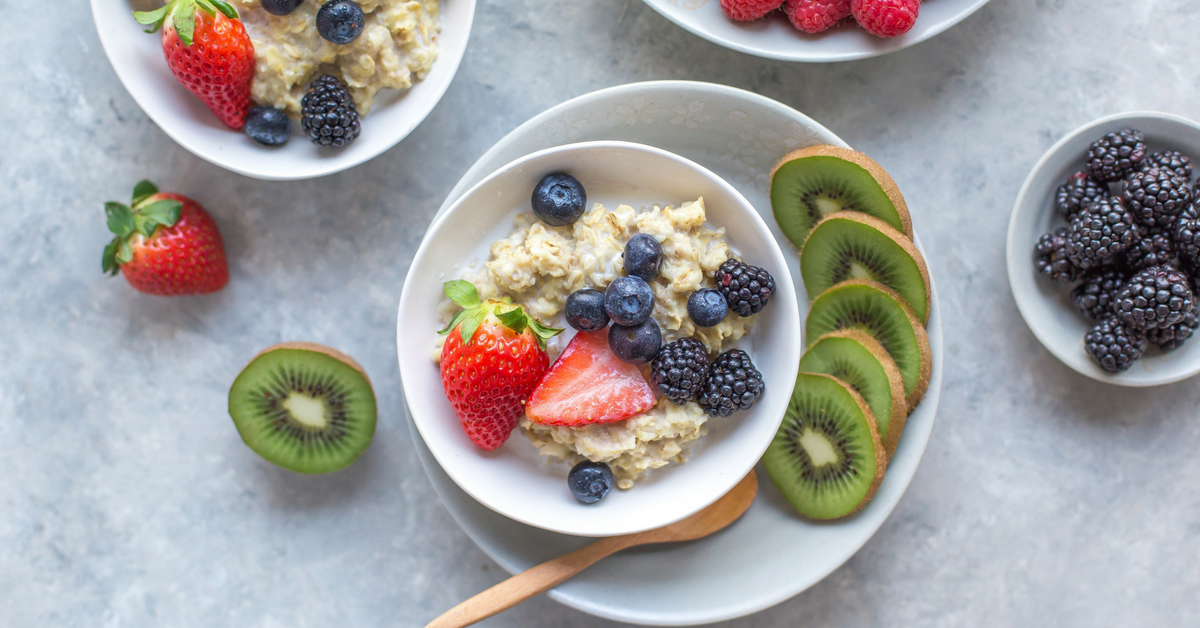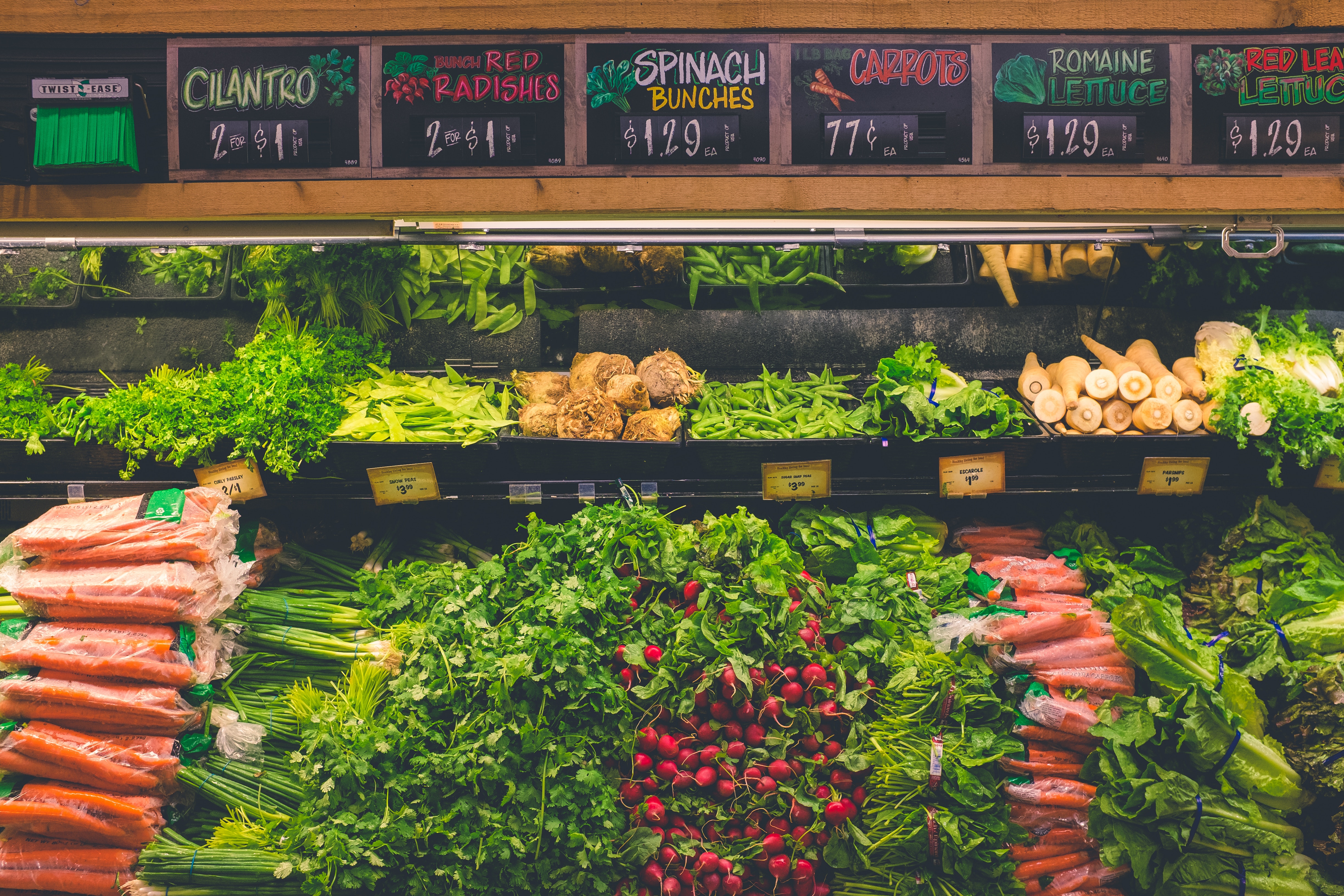 From athletes new to competition, to those with several triathlons under their belt, maintaining optimum levels of nutrition for grueling competitions and equally grueling workouts is critical to success and health. Choosing a strategy to manage triathlon nutrition is often less of a focus than planning for training. However, without the necessary fuel for the body, performance will be negatively impacted over time, along with overall physical health, stamina, and endurance.
From athletes new to competition, to those with several triathlons under their belt, maintaining optimum levels of nutrition for grueling competitions and equally grueling workouts is critical to success and health. Choosing a strategy to manage triathlon nutrition is often less of a focus than planning for training. However, without the necessary fuel for the body, performance will be negatively impacted over time, along with overall physical health, stamina, and endurance.
Know What You Eat
One of the key factors in evaluating your nutritional plan is to have an accurate record of what you ate over the course of a week. A written journal, a computer spreadsheet or a handy food tracking app can all be simple tools to achieve this management strategy. It is not essential to do this on a daily basis. Instead, consider recording what you consume for a week or so every two months, giving yourself a clear indication if you are staying on plan. Look for patterns and trends both when actually recording as well as when keeping a mental record.
Eat A Balanced Diet
Each of the food groups contributes to energy stores, cell regeneration and the essential vitamins and minerals needed for athletes in training and competition. It is important to eat carbs before and after training sessions to fuel your body and keep you energized. After a workout or competition, nutrition experts recommend eating a half a gram of carbs for every pound of body weight. In addition, include between 15 and 20 grams of protein in the post-training or competition snack at least a half an hour and no more than an hour after completion of the event.
 While carbs are important, so are vegetables and fruits. Nutritionists working with triathletes recommend 2 or 3 fresh fruits and at least 4 servings of vegetables a day.
While carbs are important, so are vegetables and fruits. Nutritionists working with triathletes recommend 2 or 3 fresh fruits and at least 4 servings of vegetables a day.
Avoid overconsumption of protein in training and before a race as it can derail your efforts. Most experts recommend a ratio of 4:1 and up to 7:1 carbs to protein based on your training program. Ensure the carbs you consume are whole grains, like brown rice and whole wheat bread. Carbs produce glycogen in the body, which is the stored energy needed during training and competitions. The American College of Sports Medicine recommends at least 2.7 and up to 4.5 grams of healthy carbs per pound during intense training, with lower ranges when decreasing training intensity leading up to a race.
Eat Real Foods
The amount of food consumed is essential in training and preparing for a competition, but so is the type of food. At least three months before a competition, make it a goal to eat only clean foods and eliminate any processed foods from the diet. Nuts, fresh fruits, whole grains, vegetables and smaller amounts of lean protein should be the focus of the diet. By choosing these healthy options, it is less likely the cravings for processed and junk foods will be an issue.
 With all this in mind, you will be well on your way to a personal best at your next triathlon.
With all this in mind, you will be well on your way to a personal best at your next triathlon.
For more information on our programs and classes and upcoming events please visit Team Atomica or contact us direct by email: info@teamatomica.com